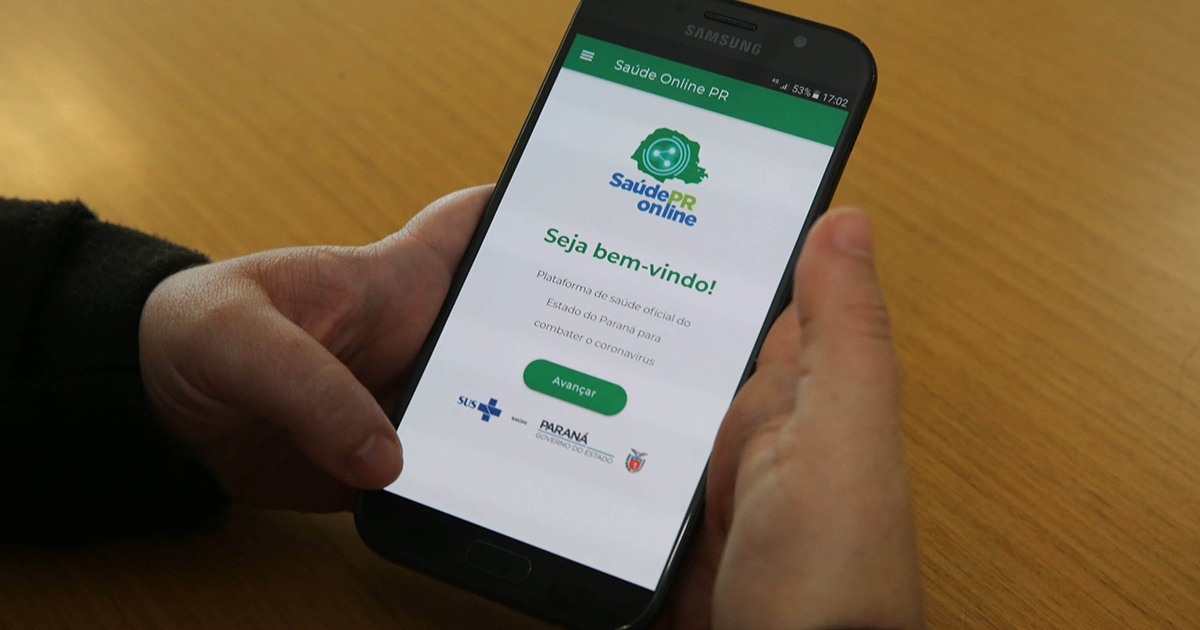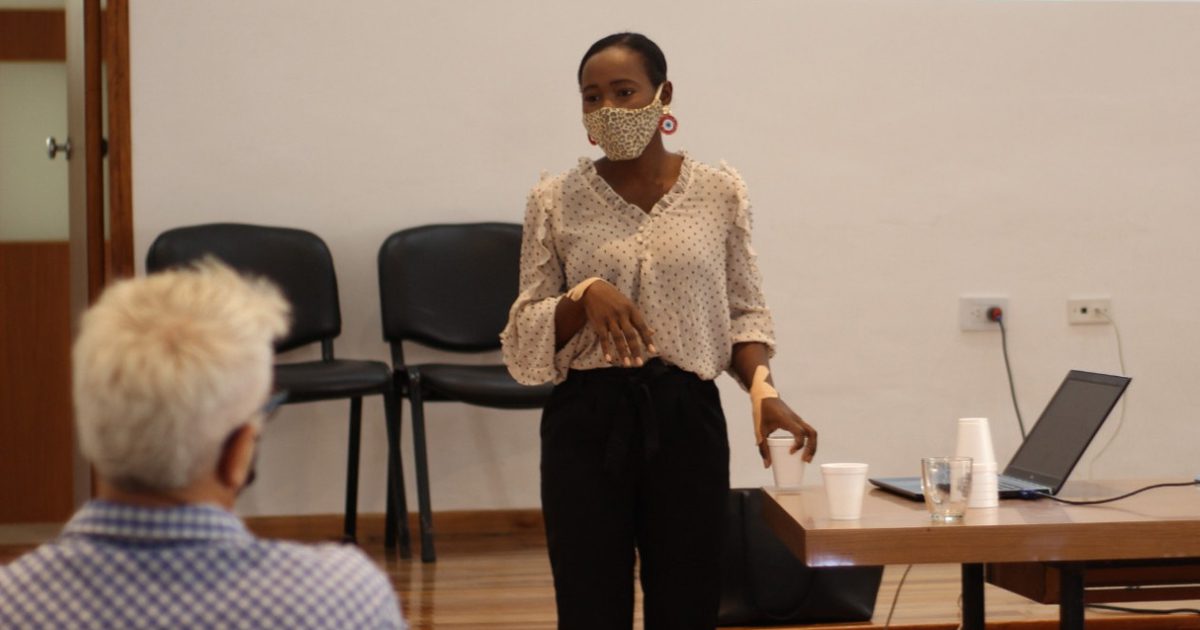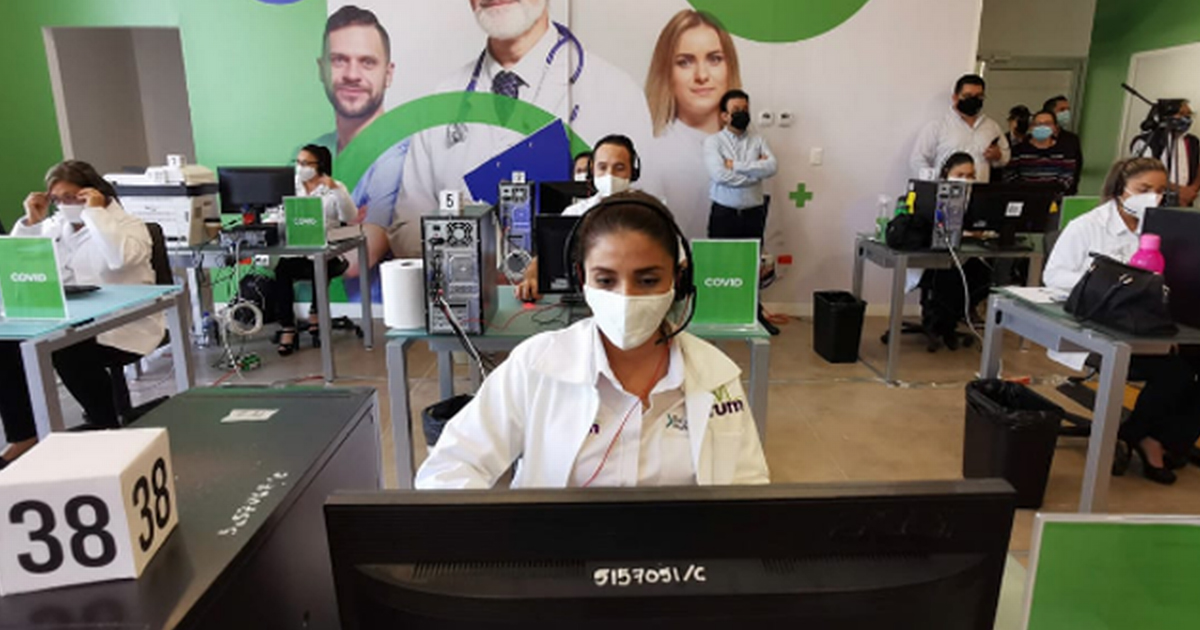The development of a new algorithm, specifically on the Twitter platform, could identify users who show signs of anxiety and depression, and thus help them preventively.
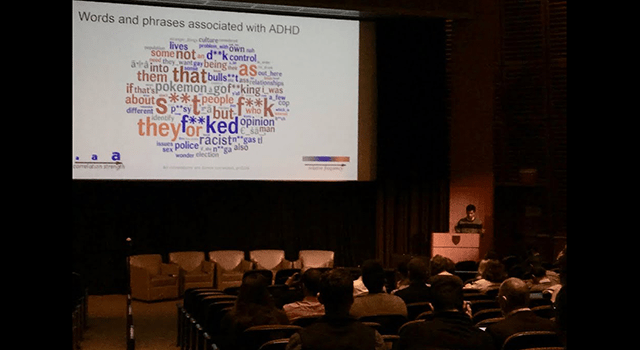
According to a study by Penn Medicine "it was found that Twitter users with depression and anxiety were more likely to publish images with low aesthetic values and less vivid colors, particularly grayscale images."
The results show that users, in addition to the type of images they share, have particularities in the way in which they present their photos: they usually suppress positive emotions and, where appropriate, evidence negative ones, such as frowning or presenting themselves totally serious, which determine signs of depression or "emotional involvement."
As a procedure, we worked with artificial intelligence and computer vision; Published photographs were analyzed, specifically those of profile used in the platform to determine the qualities that could be associated with these conditions. The main objective is "to use the social network as a method of detection and prevention for anxiety and depression", according to the information that was made known in one of the presentations that were part of the AAAI International Conference on web and networks social.
The 2018 study by Penn Medicine researcher’s state that "depression could be predicted up to three months before a diagnosis by using artificial intelligence to identify keywords that marked certain users.
One of the main advances for medicine and the relationship with social networks is that, increasingly, studies focus more on published images, allowing "to obtain clues about health conditions through the content of the image" according with the study.
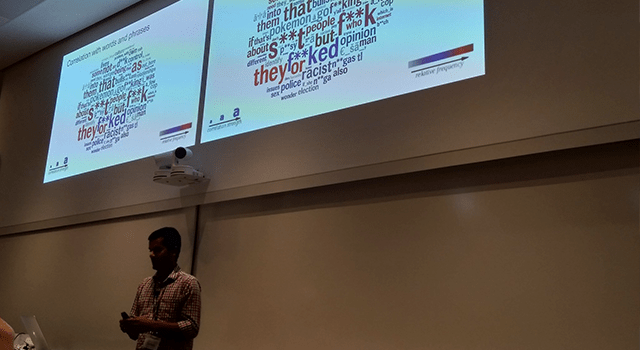
According to Sharath Guntuku, PhD, a research scientist at the Penn Medicine Digital Health Center says: "although the association between depression and patterns of language use is well studied, the visual aspects of depression have not been" (...) "It is challenging to transform the pixels that form the images into interpretable features, but with the advances in computer vision algorithms, we are now trying to discover another dimension of the condition as it manifests online."
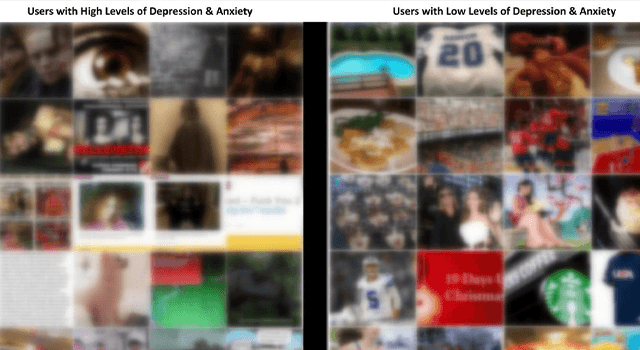

Colors, textures, symmetry, lighting, depth of field and facial expressions are some of the factors that have been taken into account to achieve the algorithm that can help medical experts identify certain chronic problems before they get worse and lead to people take drastic measures.
It is still necessary to reach a privacy agreement in which, both the use of the algorithms and the disclosure of the information collected, is personally approved by each user.
This study is a great example where Digital Health does not affect the daily life of patients, but obtains important data to help in the work of disease and disease prevention.
DIGITAL JOURNALIST
PENN MEDICINE

